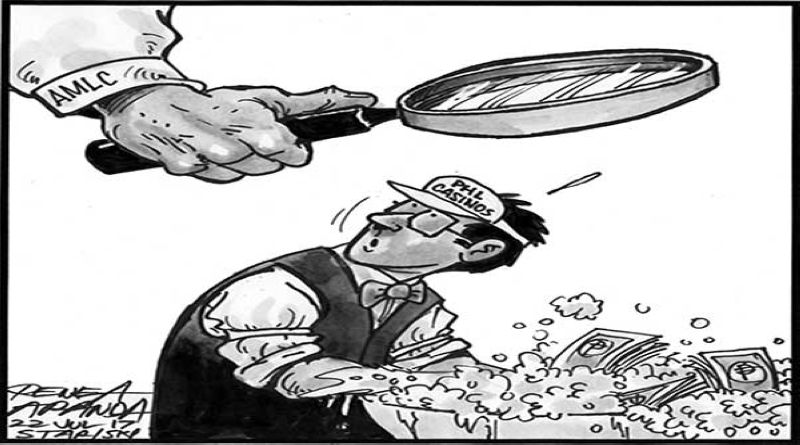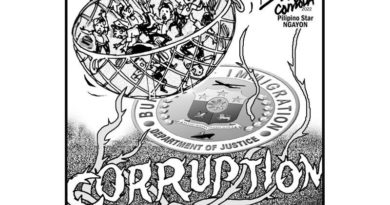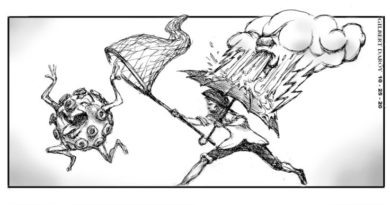Terrorist target
With hostages beheaded by the Abu Sayyaf, bombings in several areas including President Duterte’s home city of Davao, and attacks on government forces, no one is disputing the inclusion of the Philippines among the top five countries with the highest number of terrorist attacks in 2016.
The annual “Country Reports on Terrorism” prepared by the US Department of State, released last Wednesday, noted that 55 percent of the 11,072 terrorist attacks worldwide last year were staged in Iraq, Afghanistan, India, Pakistan and the Philippines.
Terrorism has become a global, transnational problem. The world’s top tourist destinations are favored targets due to the dramatic impact of a successful strike. By most accounts, the Islamic State and its local affiliates are truly trying to set up a caliphate that transcends national borders.
What differentiates each country is the efficiency of the response to the terrorist threat. The Armed Forces of the Philippines, with some support from the Philippine National Police, is still trying to clear Marawi City of the Islamic State-inspired Maute terrorists. In the next State Department report on terrorism, the Philippines is expected to retain its ranking among the world’s worst because of the Marawi siege. But the government can show the nation and the world that it is dealing decisively with the threat.
Decisive action means capturing or neutralizing Maute and Abu Sayyaf fighters as well as identifying and capturing their supporters, particularly anyone who might be using political power to provide funds, weapons, ammunition and necessary supplies to enemies of the state. Terrorist financial networks must be traced and broken.
Decisive action also means adopting measures for effective, long-term counterterrorism. The government must not hesitate to accept foreign assistance in this campaign to secure communities. As security officials have pointed out, AFP resources have benefited from various forms of foreign assistance as the terrorists including their top commanders put up a strong fight in Marawi.
For the long-term, any gains in fighting terrorists must be preserved, consolidated, and combined with non-military efforts to deprive the militants of public support. Poverty alleviation, development programs, social justice and inclusive growth, delivered through effective governance, will leave people with few reasons to join groups such as the Mautes.









